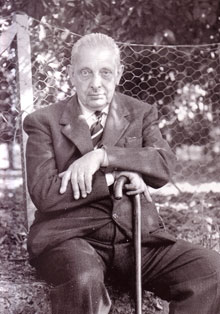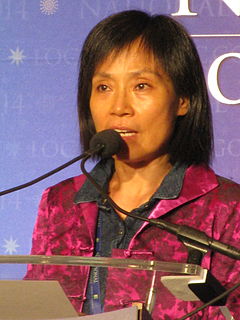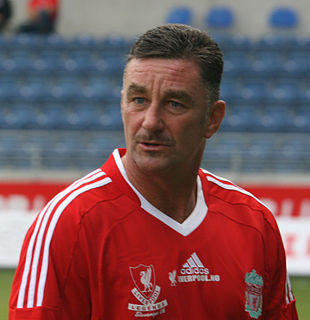A Quote by Melina Marchetta
Phaedra of Alonso’s death was a never-ending pain that gnawed at his insides. It made him a prisoner in his own cottage.
Related Quotes
The concentration camps, by making death itself anonymous (making it impossible to find out whether a prisoner is dead or alive), robbed death of its meaning as the end of a fulfilled life. In a sense they took away the individual’s own death, proving that henceforth nothing belonged to him and he belonged to no one. His death merely set a seal on the fact that he had never existed.
My father never feared death. He never saw it as an ending. I don't know why Alzheimer's was allowed to steal so much of my father before releasing him into the arms of death. But I know that at his last moment, when he opened his eyes - - eyes that had not opened for many, many days - - and looked at my mother, he showed us that neither disease nor death can conquer love.
Pain held no terror for him. Pain was, if not friend, then family, something he had grown up with in his crèche, learning to respect but never yield to. Pain was simply a message, telling him which limbs he could still use to slaughter his enemies, how far he could still run, and what his chances were in the next battle.
His face set in grim determination, Richard slogged ahead, his fingers reaching up to touch the tooth under his shirt. Loneliness, deeper than he had never known, sagged his shoulders. All his friends were lost to him. He knew now that his life was not his own. It belonged to his duty, to his task. He was the Seeker. Nothing more. Nothing less. Not his own man, but a pawn to be used by others. A tool, same as his sword, to help others, that they might have the life he had only glimpsed for a twinkling. He was no different from the dark things in the boundary. A bringer of death.
And he began to see the truth, that Ged had neither lost nor won but, naming the shadow of his death with his own name, had made himself whole: a man who, knowing his whole true self, cannot be used or possessed by any power other than himself, and whose life therefore is lived for life's sake and never in the service of ruin, or pain, or hatred, or the dark.
It was inevitable: Yankel fell in love with his never-wife. He would wake from sleep to miss the weight that never depressed the bed next to him, remember in earnest the weight of gestures she never made, long for the un-weight of her un-arm slung over his too-real chest, making his widower's rememberences that much more convincing and his pain that much more real.
Fitzgerald never got rid of anything; the ghosts of his adolescence, the failures of his youth, the doubts of his maturity plagued him to the end. He was supremely a part of the world he described, so much a part that he made himself its king and then, when he saw it begin to crumble, he crumbled with it and led it to death.
No one accuses the Gunner of maudlin affection for anything except his beasts and his weapons. He hasn't the time. He serves at least three jealous gods—his horse and all its saddlery and harness; his gun, whose least detail of efficiency is more important than men's lives; and, when these have been attended to, the never-ending mystery of his art commands him.






































